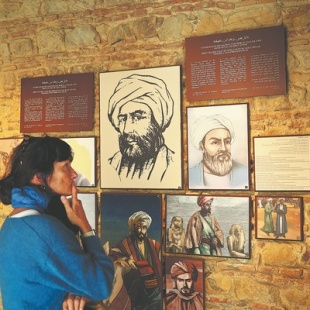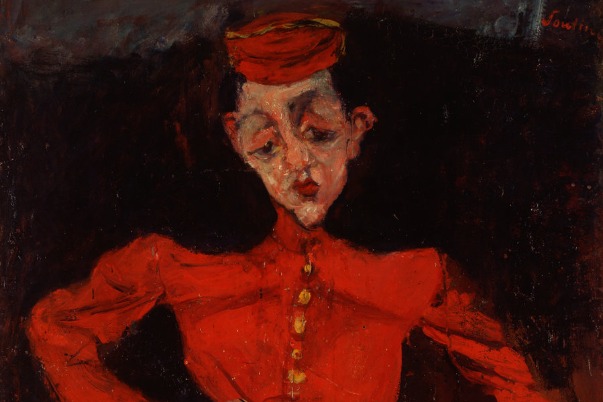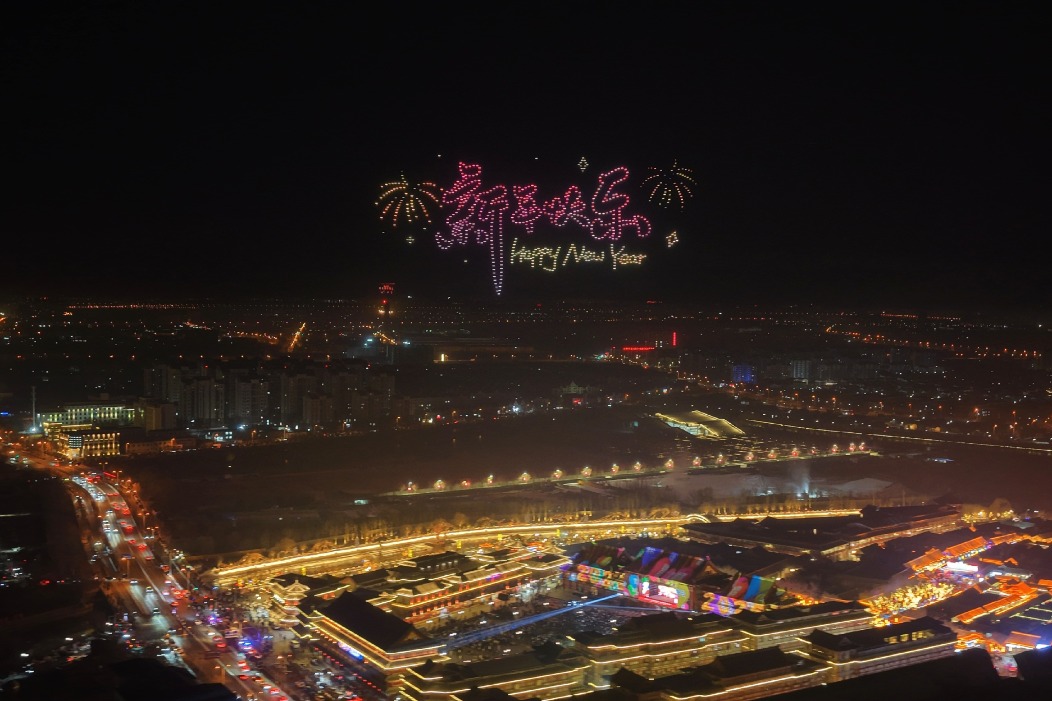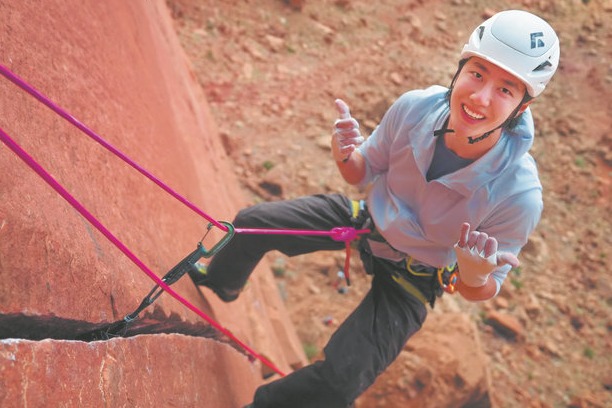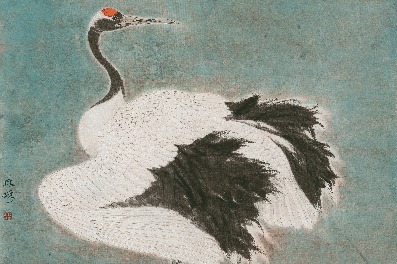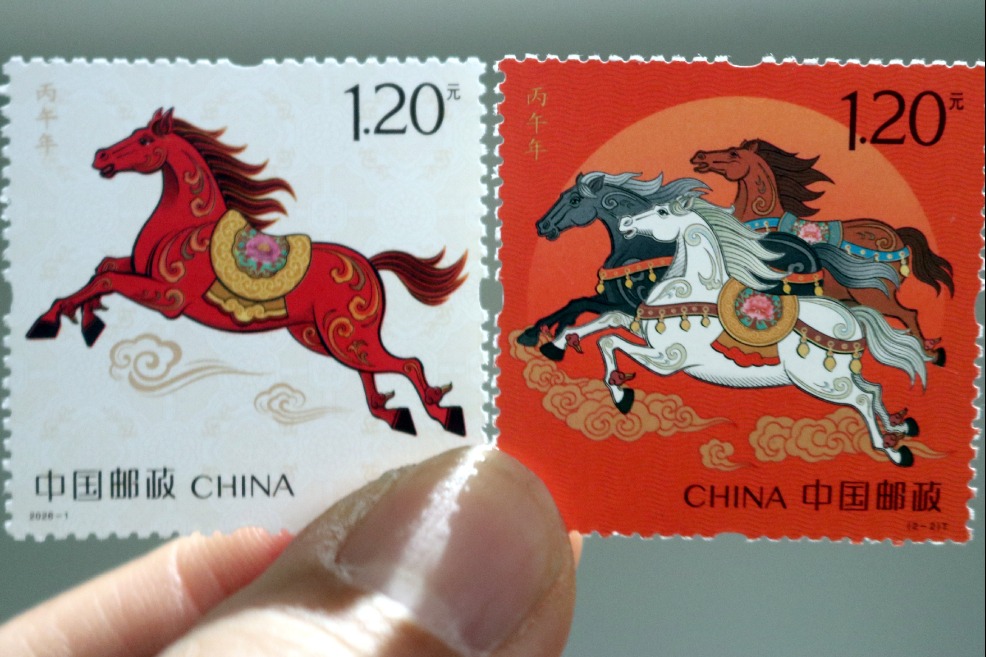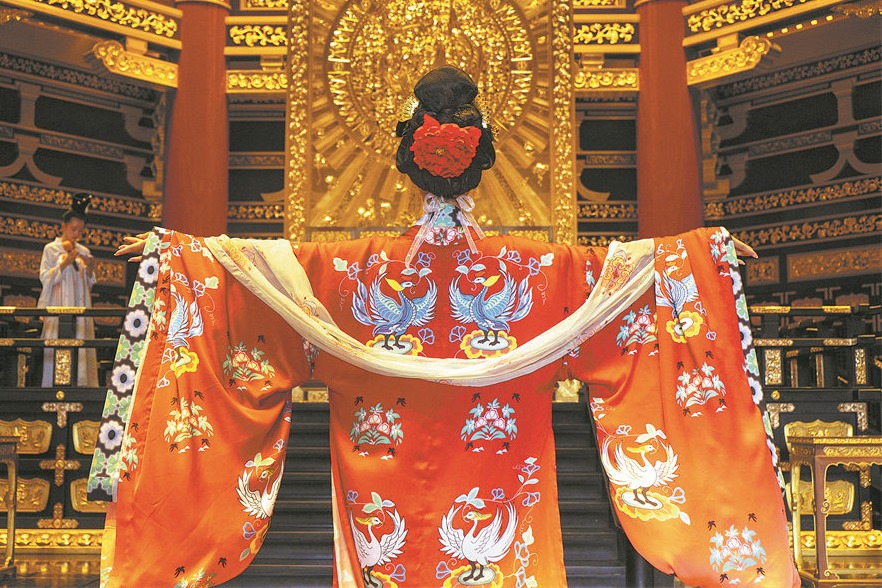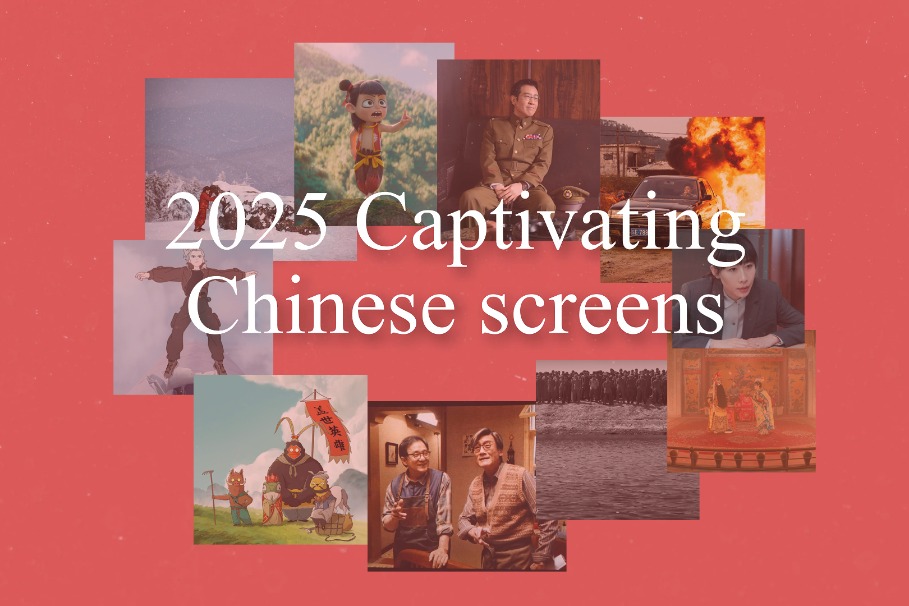Pursuing an explorer's spirit

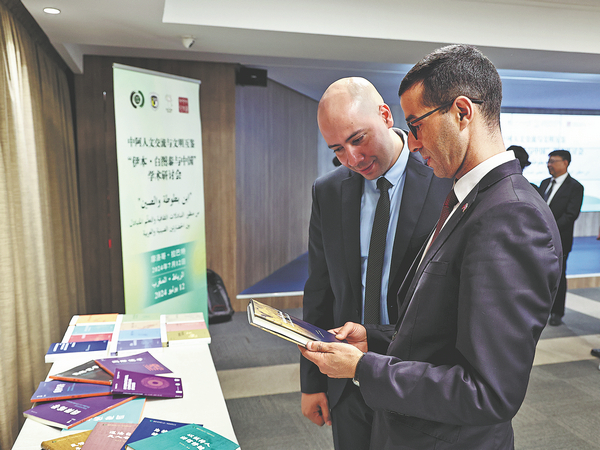
Looking ahead, Liu advocates for enhanced collaboration between institutions in China and the Arab world. He envisions joint exhibitions between Quanzhou and Casablanca museums to illuminate shared maritime histories.
He also calls for a renewed focus on the ethical dimensions of Battuta's travel narratives and how they can help inform present-day notions of cross-cultural trust and cooperation.
As Bechrouri interacts with more people during his reporting, he believes that Battuta's influence extends beyond Morocco. His Arabic-written accounts impacted the entire Arab world's perception of China.
"Today, through Belt and Road, we're witnessing a Silk Road revival — Moroccan businesses increasingly engage with China, not just for trade but also tourism and education. We're building modern bridges through media, showing China's heritage and development to Moroccan audiences," he says.
For Mosta, he still feels touched by a gas station worker who didn't hesitate to offer him a spacious room, hot water and food in the Gobi Desert during his trek through China, and how a hotel attendant in the Inner Mongolia autonomous region brought him fresh fruit and snacks after noticing his exhaustion.
"These acts of generosity, as refreshing as an oasis in the desert, became the heartbeat of my journey. The warmth and sincerity of the Chinese people reminded me that even in an age of modern marvels, the true spirit of the Silk Road endures," his travelogue reads.
He intends for the exhibition in France to inspire more to embark on journeys of exploration — retracing history, recording the present, and continually writing new chapters in the Silk Road's enduring story.
"I would also like to share my experiences in Quanzhou later this year," Mosta says, adding that he thinks it's important for one to visit China in person to understand it.
Contact the writer at yangfeiyue@chinadaily.com.cn


